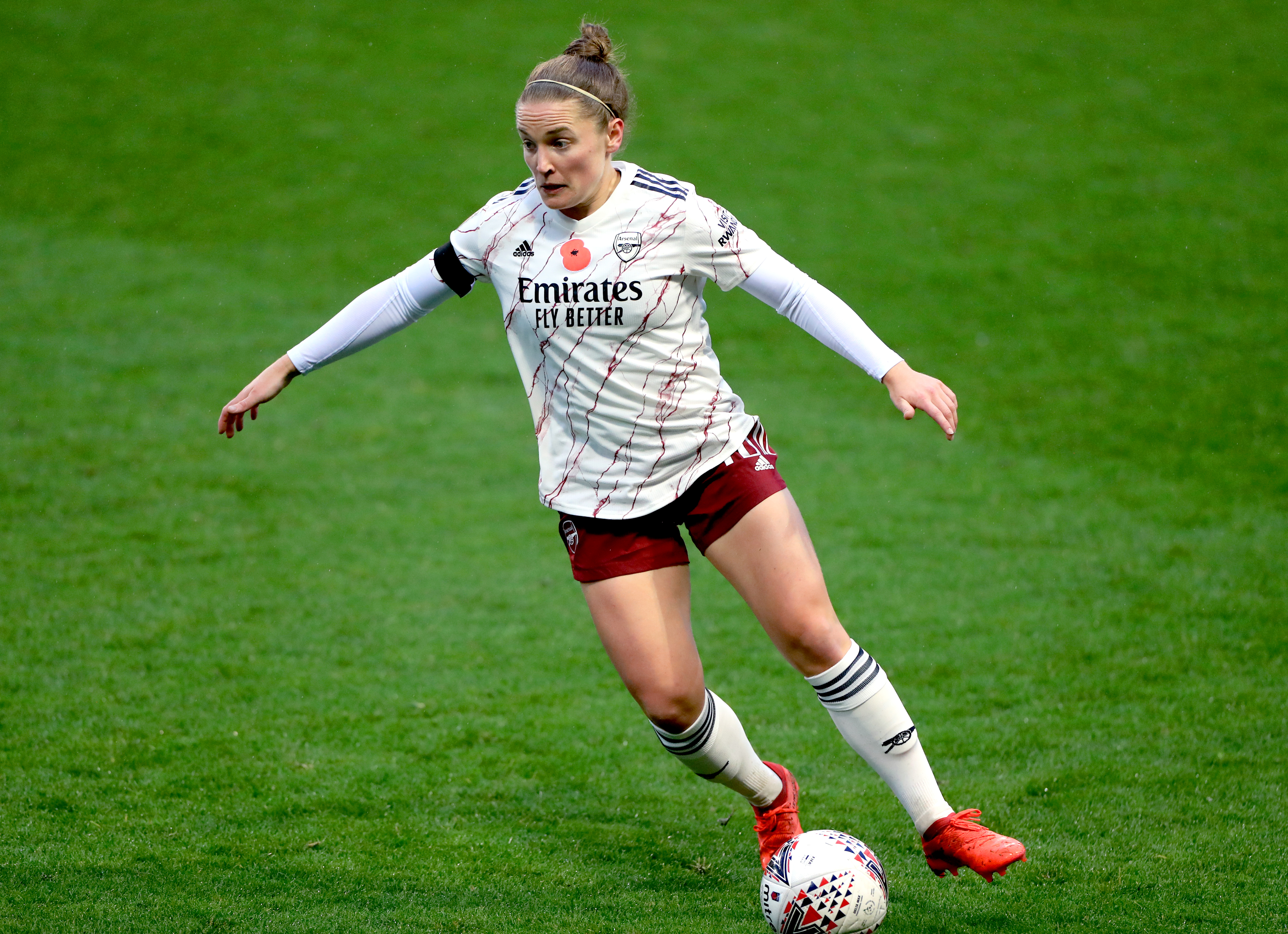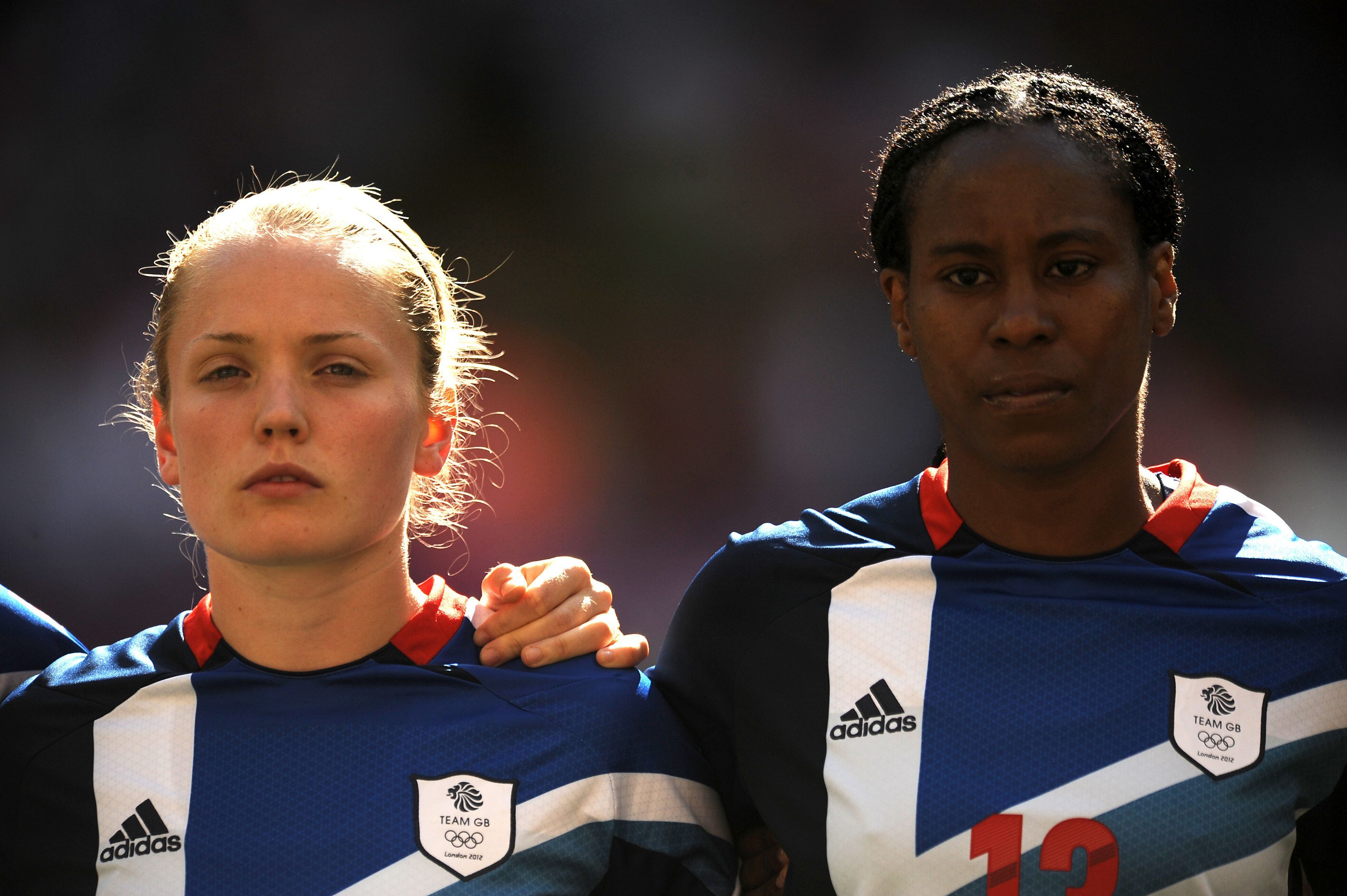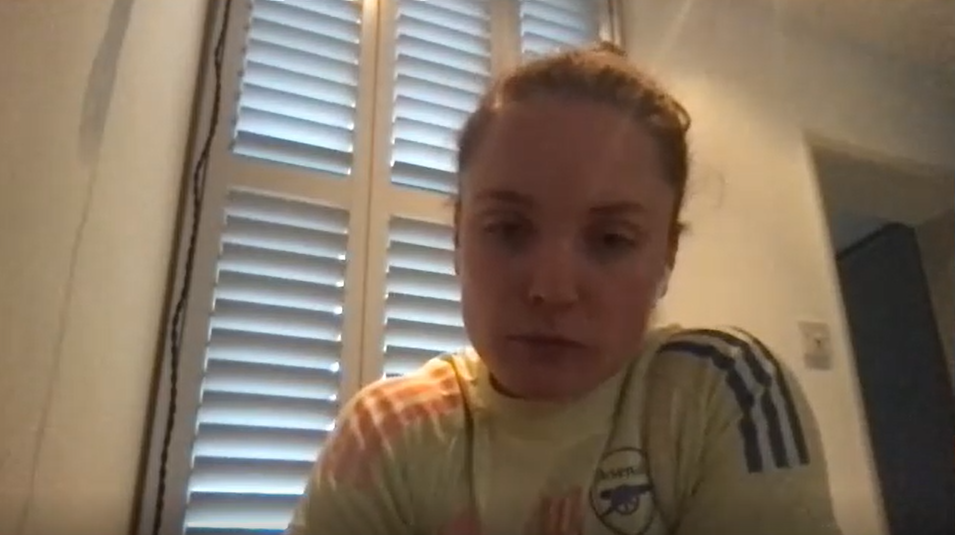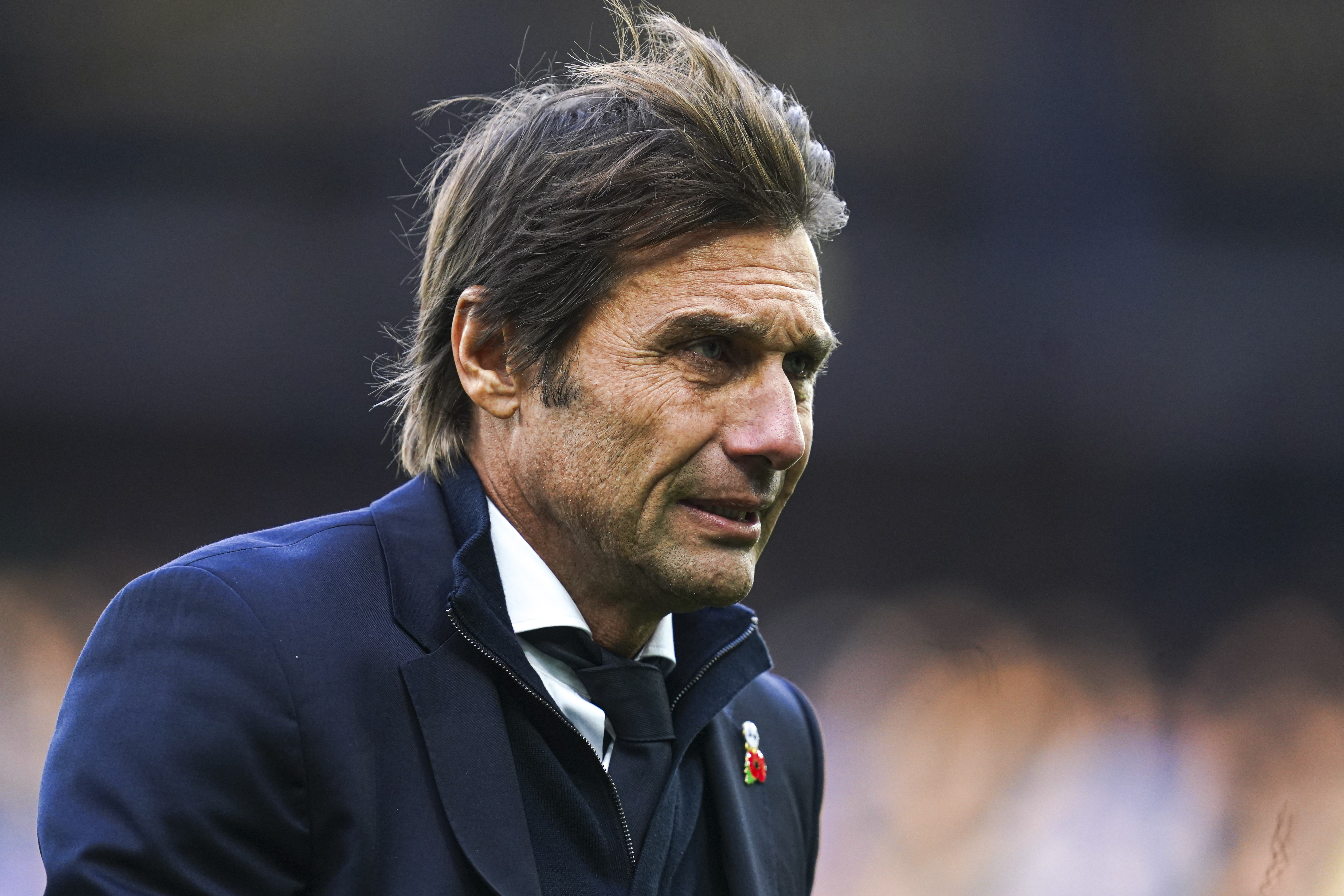Kim Little hopes improved finance does not cost women’s football ‘authenticity’

Arsenal captain Kim Little believes there is more to be done for gender equality in football – but does not want to see the Women’s Super League lose “authenticity” by being awash with money.
The Scotland midfielder has been impressed by the progression within the women’s game as it creeps closer towards some sort of parity with men’s football.
International Women’s Day will again mark several areas of society were there is an imbalance between the sexes – with the Office for National Statitics putting the gender pay gap among all employees at 15.5 per cent last year.
Little acknowledges the pay deficit in football is unlike any other walk of life given the money within the men’s game and the wages it can offer as a result.

But the 30-year-old is not keen to see such an influx of cash into women’s football which she fears would create a “superficial” environment.
“I’ve been playing professionally since 2008-09 so quite a considerable period, especially over the transition of the women’s game from being semi-pro to professional,” she told the PA news agency.
“The game is developing really quickly but there is still that inequality in football generally when compared to the men’s game.
Get FourFourTwo Newsletter
The best features, fun and footballing quizzes, straight to your inbox every week.
“I think there are a lot of things, from my experience of being in a club set-up, within the day to day stuff and fine details that show there is still a long way to go in terms of improving and putting the women’s teams on par with the men’s in terms of their access and resources they get across the board.
“There are definitely signs of equality but there is a lot more to be done. The gender pay gap in any part of society is something that exists in football.
“That is also because of the popularity, the TV rights, the money coming in. I think that is why there is that difference in football in general compared to other jobs.
“I think within football, because of the amount the male players are paid, it highlights it even more – but you could say the amount they get paid is too much, even if it goes along with the popularity of the sport.
“I also think it takes away a little bit from the authenticity of it and just the pure football side of it – it adds all of these superficial things and I don’t necessarily want the women’s game to go to that point because I think it does take away from some parts of the game.”

Little is keen instead to see a better financial balance within the WSL.
A salary cap means clubs can use up to 40 per cent of their turnover on wages – but that still leaves a disparity between the top and bottom of the division.
It is also open to exploitation – if a club with a men’s and women’s team opts to inject more cash from the more lucrative men’s side then the women’s team would have a higher turnover and can increase their wage bill.
“The women’s game has obviously jumped a lot over the last few years in terms of pay within the game, I think it is more about the consistency from club to club,” she added.
“From the top team in the WSL to the bottom team, the pay difference there is quite vast and quite unfair and so I think the standard minimum wage needs to improve in the women’s game to make sure there are better foundations for all players.
“There are lots of things within the game; the equality, the pay and the fairness of pay throughout clubs that needs to improve and you hope that will come with processes that can easily be put in place.
“There are still movements and shifts that need to be put in place – the women’s game is way behind the men’s game in that sense. You can see it gradually each year, improvements are being made.
“I think there have been little movements but when you add a women’s team into what has predominately been a men’s club there are going to be issues with placing.
“That naturally is quite a hard transition and it will take time to merge until the women are fully integrated.”
